Who’s the Boss Here Anyway? (and lessons I learn as a Grandma)
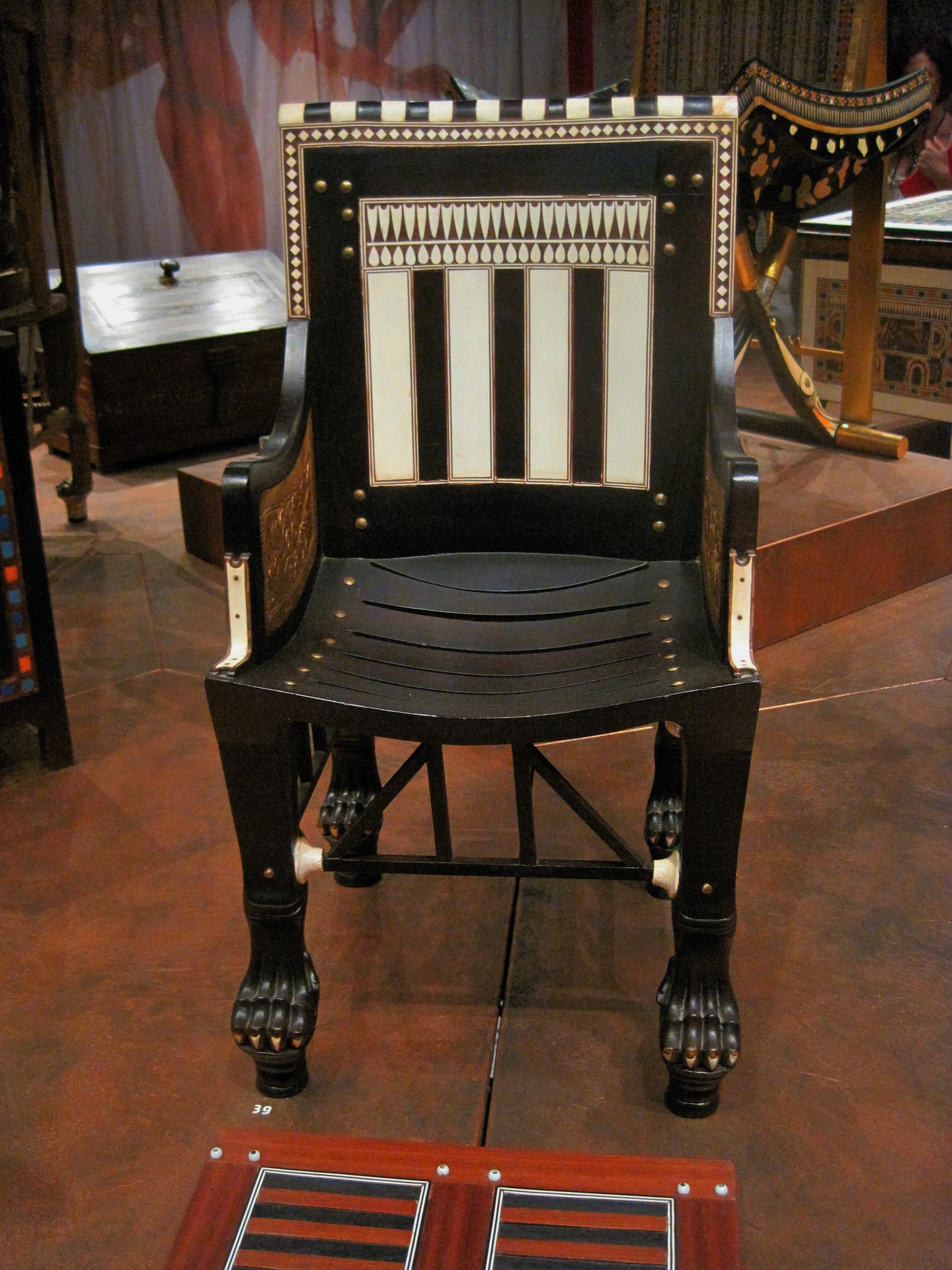
When my kids were little, my husband and I faced many parenting stresses. Through it all, we felt that we were in control of our children’s lives and were the conductors on the train that our kids were traveling on. Major and minor decisions – from what school to send them to, to where they would go to camp, to bringing them to play-dates, to dealing with negative issues that arose, to taking them on outings, travel, buying them new things, everything was our department.
As the children got older, we involved them in discussions according to their ages and developmental levels. We might have scoffed at times at the overwhelming reality of too much on our plates, but there was a constant sense of purpose, busy-ness, and important-ness in our daily lives.
And that position of control felt comfortable for us. It felt important. Smart. In charge. As if we were responsible parents. And it’s a feeling that we got used to having.
Fast forward many years.
Our children grew up and moved out and onto yeshiva and/or college out of town. One by one, they married.
All that control and decision making power now fell from our laps right onto our adult children’s shoulders. We were told – directly or indirectly; passively or aggressively – to back off. The only exception was when they wanted our advice and we happily gave that to them when asked (and at times when not asked).
We were no longer the bosses of our children’s destinies. We were dethroned.

Okay, it took some getting used to and I kicked, screamed and had a few tantrums (to my husband or anyone who would listen), but overall I accepted my new position. I mean, I felt the hurt when things didn’t go my way, and was annoyed when they did things differently than I thought was the “right” way.
When my oldest grandson was about five, I compiled a collection of magazine articles I had written since he and the others were born. The articles were on empty stage syndrome and other middle-aged topics, so I added some fresh material and then wrote a book about being a grandmother. Within that year, I held book signings and other events and a friend of a friend asked me to lead a workshop at a well-known synagogue not far from my home. The audience was a group of synagogue members who were vibrant and active seniors. After my presentation which included readings from my book and sharing some personal experiences as a new mother-in-law and grandmother, someone raised her hand and asked the following question:
“What do we do when our grandchildren don’t thank us for the gifts that we give them? And why don’t their parents – our children – teach them the proper thing to do?”
I could hear others in the group mumbling comments in agreement with the questioner, and a few called out some other transgressions that their adult kids did with child rearing. Apparently, this was a hot topic, one that many in the group related.
It became immediately clear to me that this theme of non-grateful grandchildren was a topic I wasn’t at all prepared to discuss and advise about.
I wanted to relate to these women’s situations but I really couldn’t understand all the angst. At the time, I didn’t get the big deal if the child doesn’t say thank you. A thought occurred to me that many of these women were grandparents of older grandchildren than my pre-school aged grandsons. Some had grandchildren who were 8, 9 or 10 and others had teenage grandchildren.
I offered them empathy as best as I could. And then I gave some generic advice along the line of how we have to keep our mouths shut even if we think the adult kids are raising their kids with poor manners.
This led to some more sharing as the group offered some other examples of how poorly their adult kids were raising the little ones these days.
But I left the group feeling confused. In my mind, this wasn’t the most successful event I had led. I felt I was not on the same page as these more mature grandmothers and I certainly didn’t feel that I had offered them concrete tips in the areas that were important to them.
Fast forward four more years. I now have (G-d Bless them) grandchildren who range in age from almost nine years old to almost six months. I’ve had countless experiences where I had to choose between expressing my opinion one time, several times or many times (one time wins!), arguing with their decisions or keeping my mouth shut (keeping mouth shut wins!)
But in the earlier days most of our interactions were with our adult children.
For example, where they sent the kids to school or what synagogue they chose to pray in, or where they lived, or how they spend their money or choices they make or friends they have —- all these issues have been between us and them. I practiced the cardinal rule of zipping up my lips. The best thing to do (unless they ask for our input) is to keep quiet because it’s really up to them. Not us. Their business, not ours. A tough pill to swallow sometimes but the truth.
A few weeks ago, I received a letter from one of my grandchildren and for a reason that I can no longer fathom, I found it to be lacking in appreciation.
What? Me, who four years ago couldn’t understand the need for kids to express appreciation, was having a problem with this? Yes. True.
And not only did I feel disappointed in the letter, I expressed it to him on the phone. Looking back now, I’m thinking, “What was I thinking? The kid wrote me a letter and I’m complaining?”
Well, needless to say he told his Dad who shared with me that the child was pretty insulted.
Gulp. I messed up.
After talking it over with the child the next day on the phone and patching things up, I realized an entirely different – but related lesson.
Even our kids have don’t have control over other people – their growing kids! That’s right. While we think we can tell our kids what to do because we have control over them and they have control over their kids, it’s all just an illusion. The only ones we can change are ourselves. We knew that already, right? But
So for those senior grandmoms who complained that their adult kids didn’t teach their progeny how to show appreciation, my response would be (four years later in case any of them are reading this!):
We are not in control. Our kids are not in control either. Everyone does his or her best to teach their kids how to act and be. At the end of the day, the kids eventually have minds and hearts of their own. Only we can influence our relationship with our grandchildren through our kindness and acceptance.
If you want to give gifts, give them. If you don’t want to give gifts, don’t give them. Nobody wants a gift with strings attached.
The key component in any relationship – including the grandmother/grandchild dynamic – is warmth, understanding and acceptance. No preaching and no expectations.
Letters, conversations, warmth. Those are worth more than formal thank you’s from young children and teenagers.
And that’s my lesson of dethronement – we’re no longer in control and we never were. Not even when we were young moms and dads raising our kids.
And as a grandmother, that realization is very freeing today.

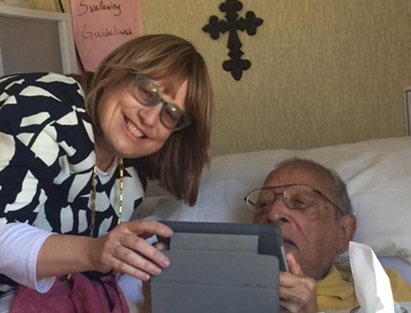
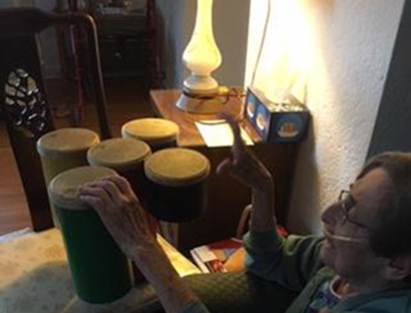
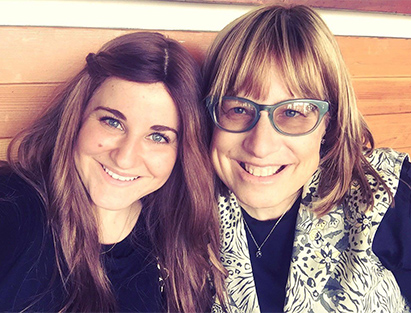
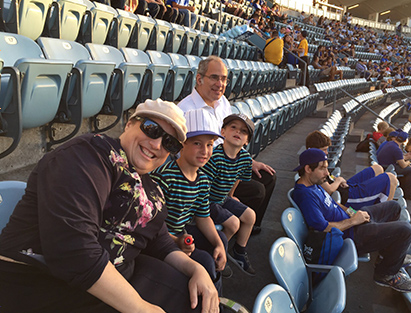
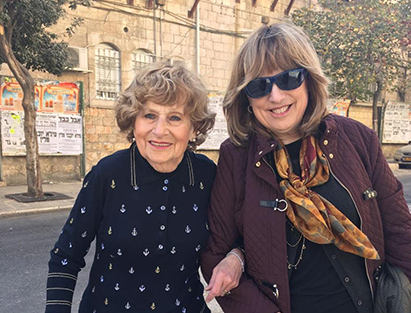

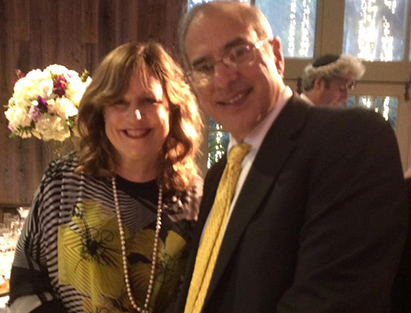
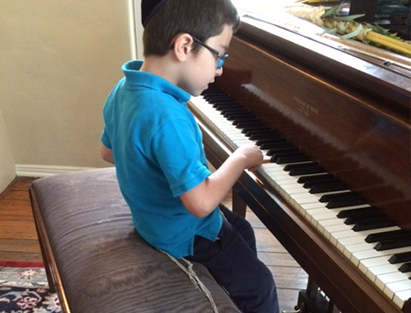
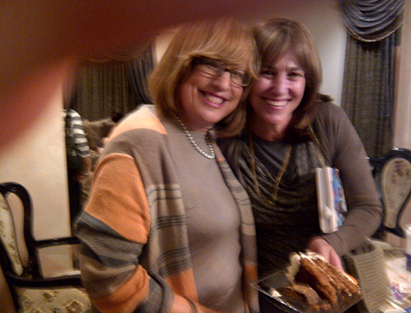
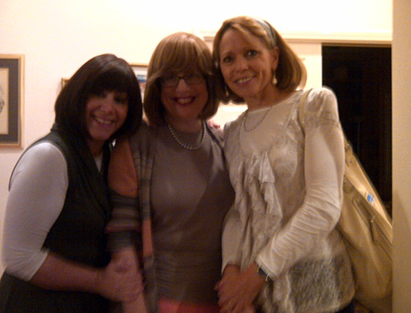
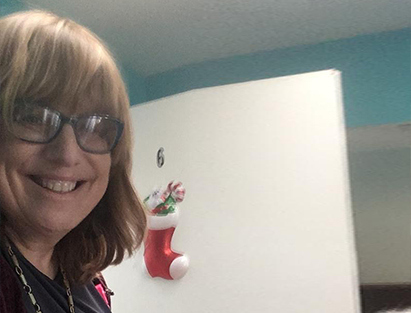
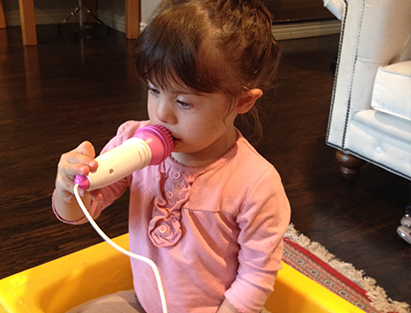
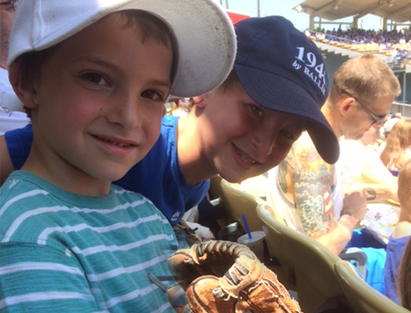
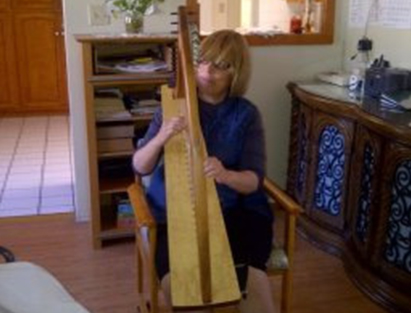

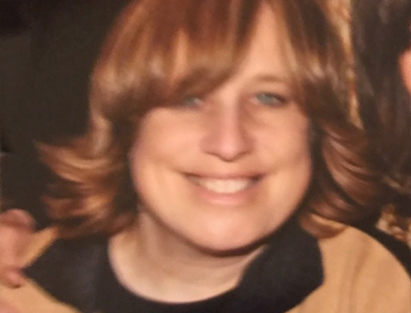

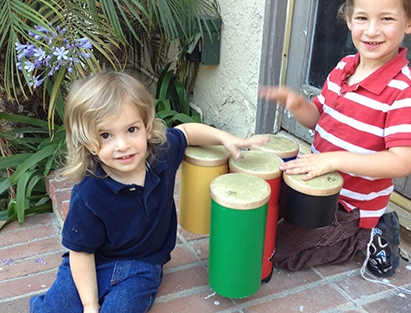
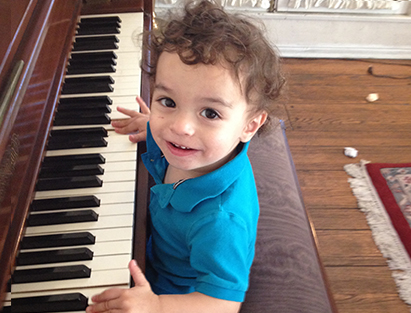
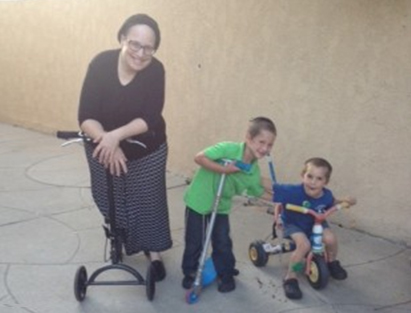
Luv!
That’s for sure. Have to let your adult children be adults and be parents and keep out of it. Each visit/phone call, etc. is a gift. Said goodbye to Nathan and family yesterday. Devastated in so many ways.
I agree with you – you’re very wise, Lisa. Lots of luck, peace and love during this transition of their move.